What can a Kurosawa classic tell us about reality, knowledge and truth?
A samurai is found dead. Four eye-witnesses come forward to tell their version of events, but their stories contradict one another. What’s going on?
This is the premise at the centre of the Japanese director Akira Kurosawa’s classic film Rashomon (1950), which is based on two short stories by the Japanese writer Ryūnosuke Akutagawa. However, the notion that many seemingly reliable observers could be convinced that they each saw something very different is more than just an inventive plot device. As this TED-Ed animation explores, what’s become known as the ‘Rashomon effect’ has, time and time again, reared its head in psychological studies, showing how hidden factors including biases can influence one’s view of reality. And, beyond the Rashomon effect’s important practical implications for law, psychology and even science, it also raises even deeper philosophical questions about the concepts of reality, knowledge and truth.
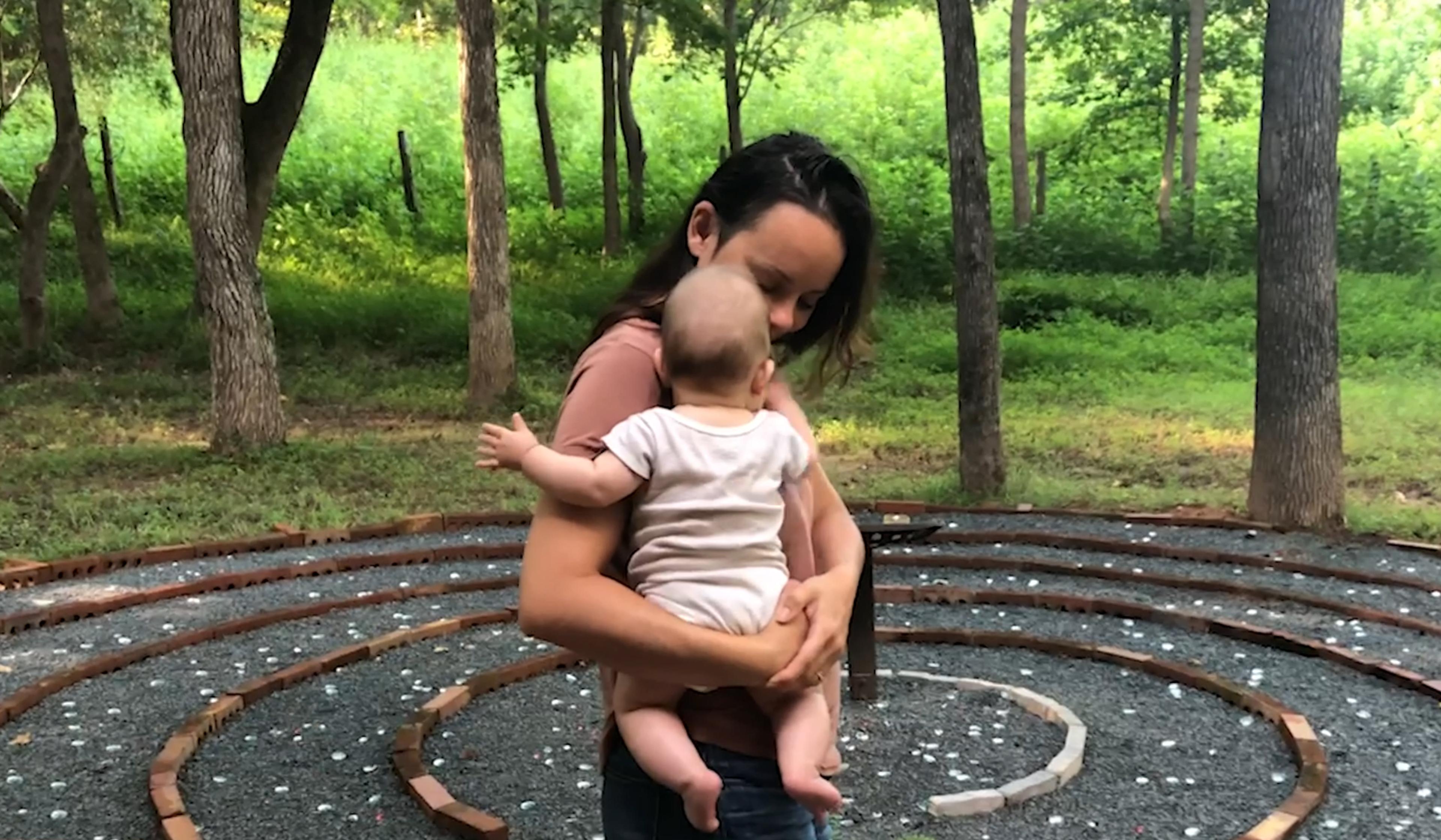
video
Biography and memoir
As her world unravels, Pilar wonders at the ‘sacred geometry’ that gives it structure
20 minutes
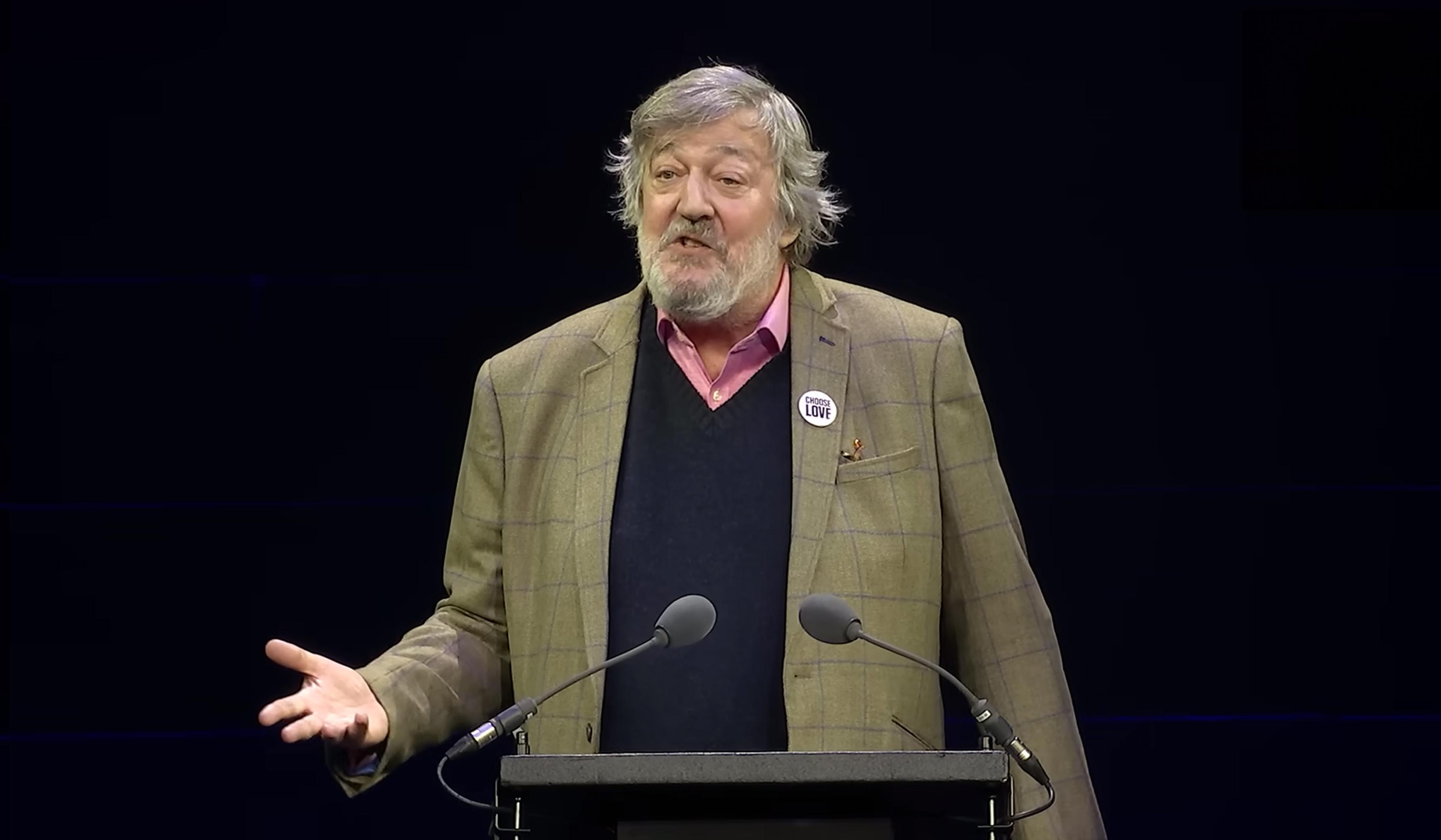
video
Meaning and the good life
Why strive? Stephen Fry reads Nick Cave’s letter on the threat of computed creativity
5 minutes
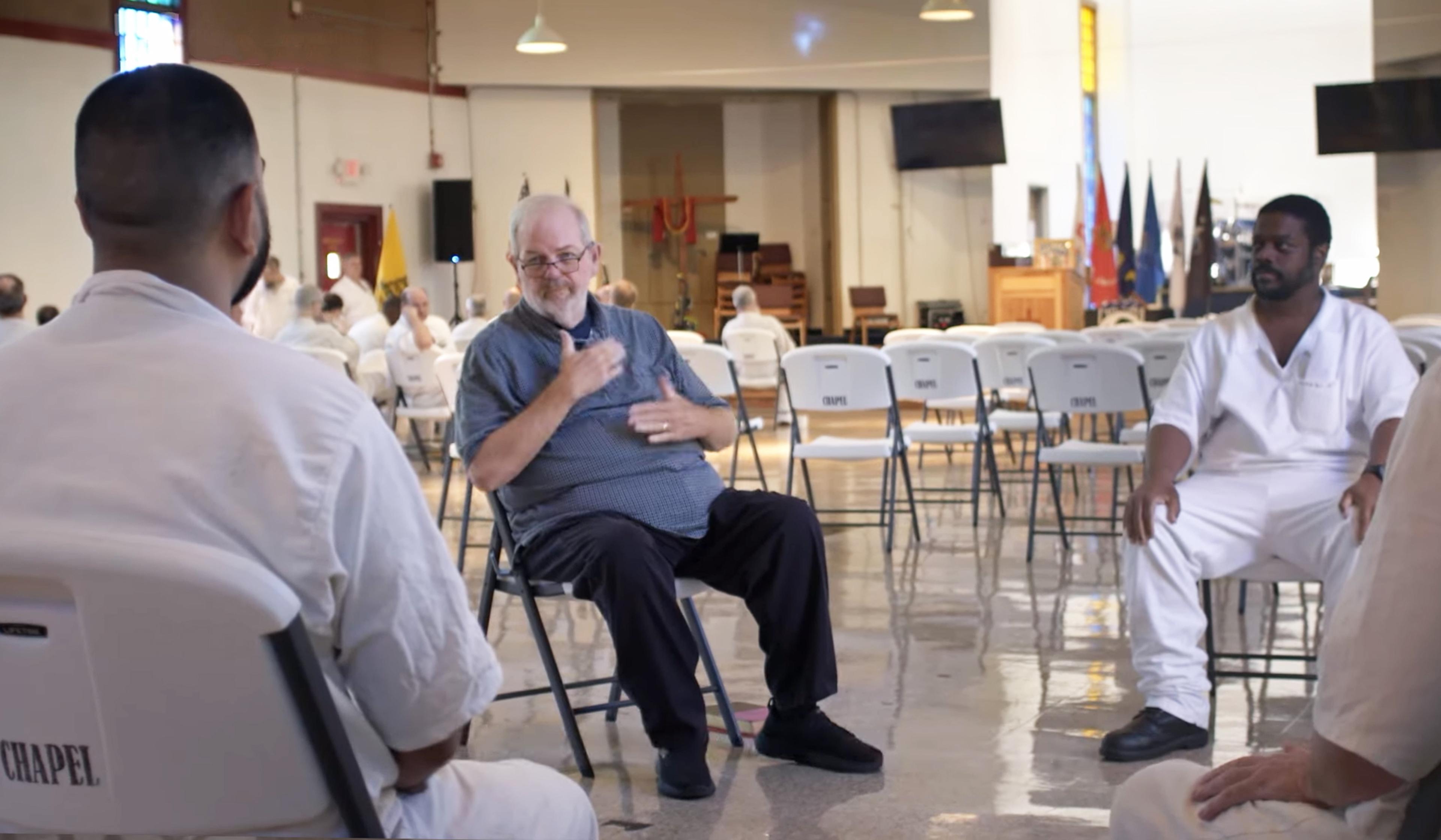
video
Human rights and justice
‘I know that change is possible’ – a Deaf prison chaplain’s gospel of hope
18 minutes
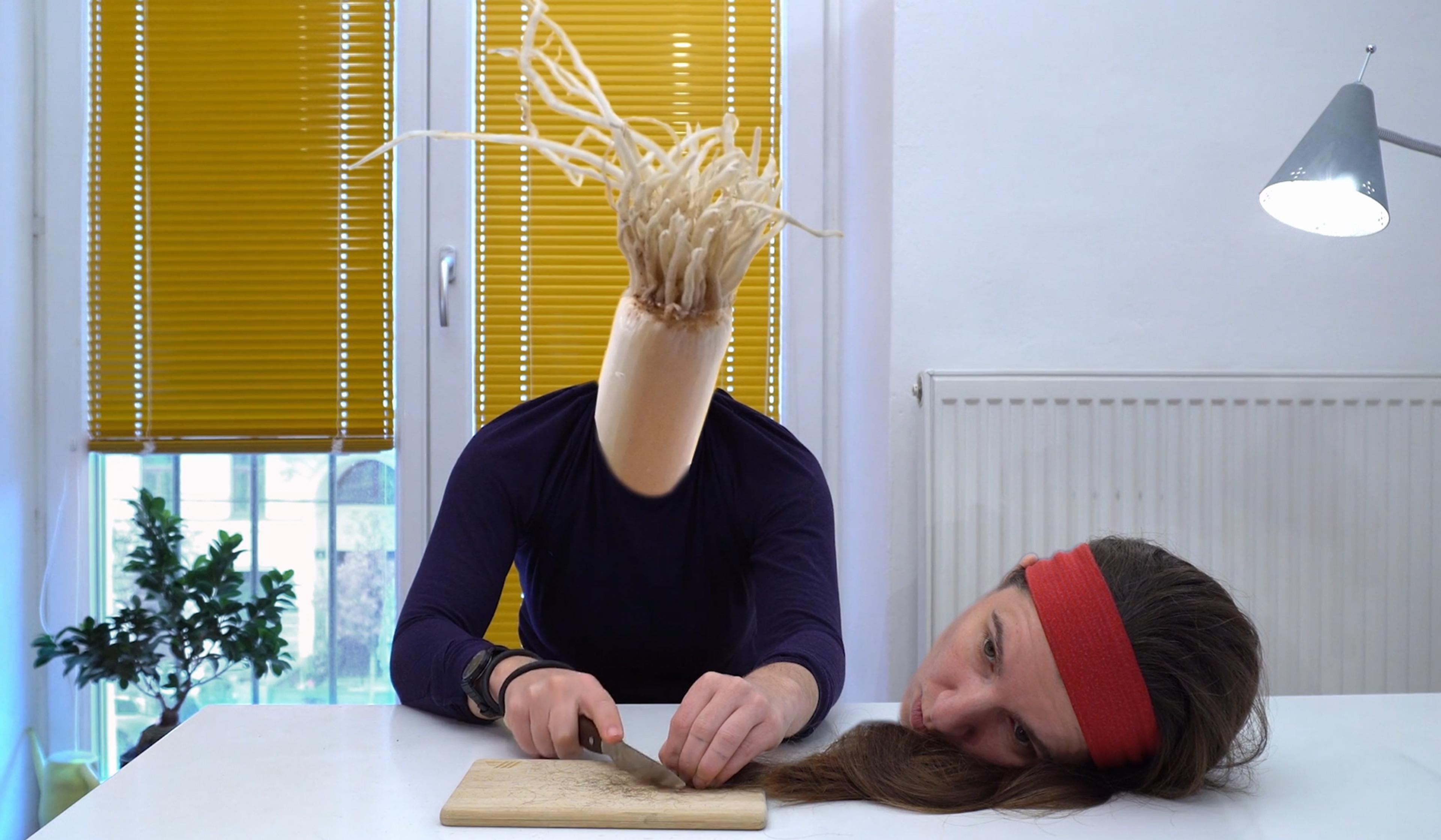
video
Technology and the self
An artist swaps her head with everyday objects in a musing on consumerism
4 minutes

video
Art
The overlooked polymath whose theatrical oeuvre made all of Rome a stage
30 minutes
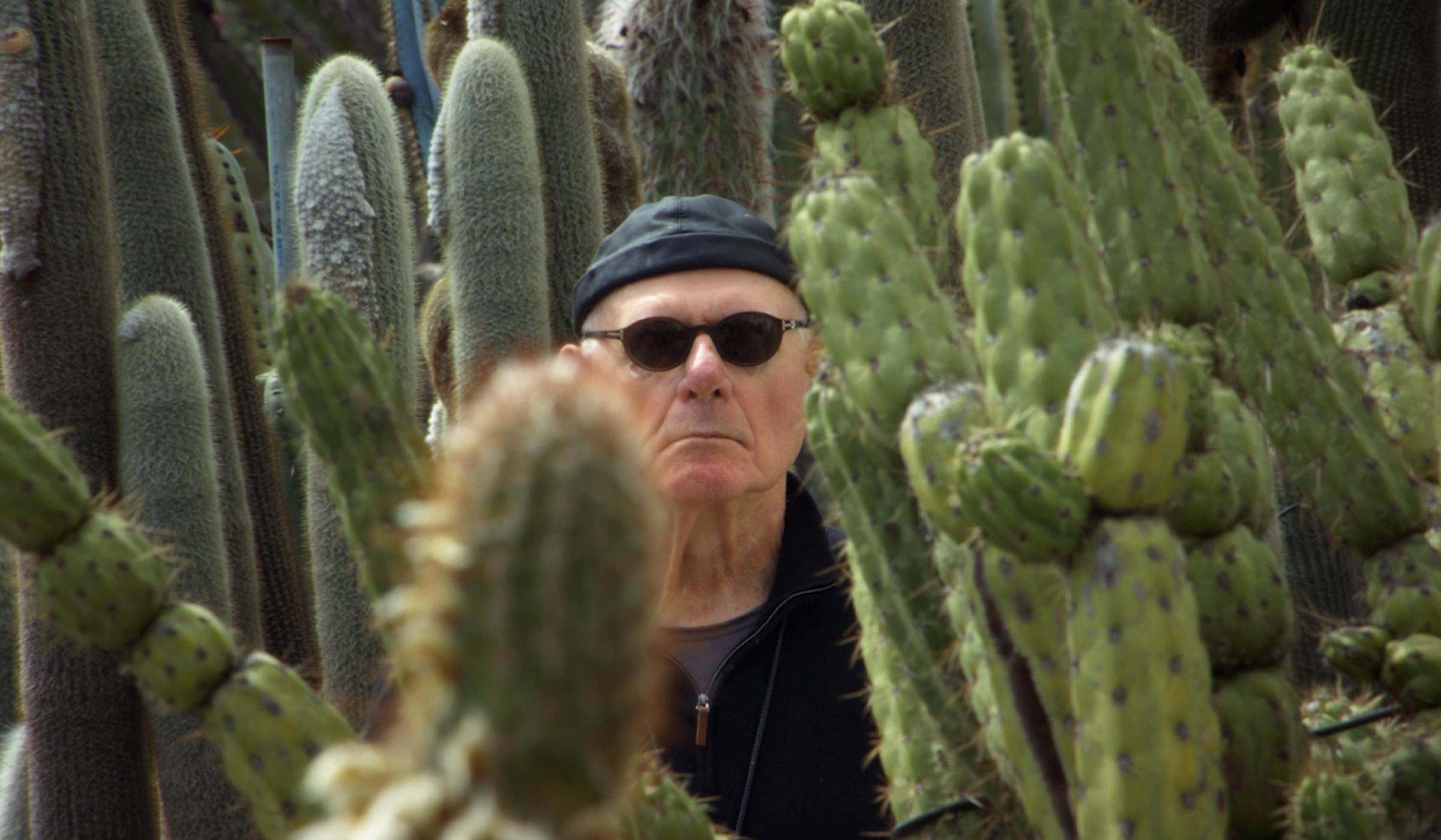
video
Beauty and aesthetics
The grit of cacti and the drumbeat of time shape a sculptor’s life philosophy
11 minutes
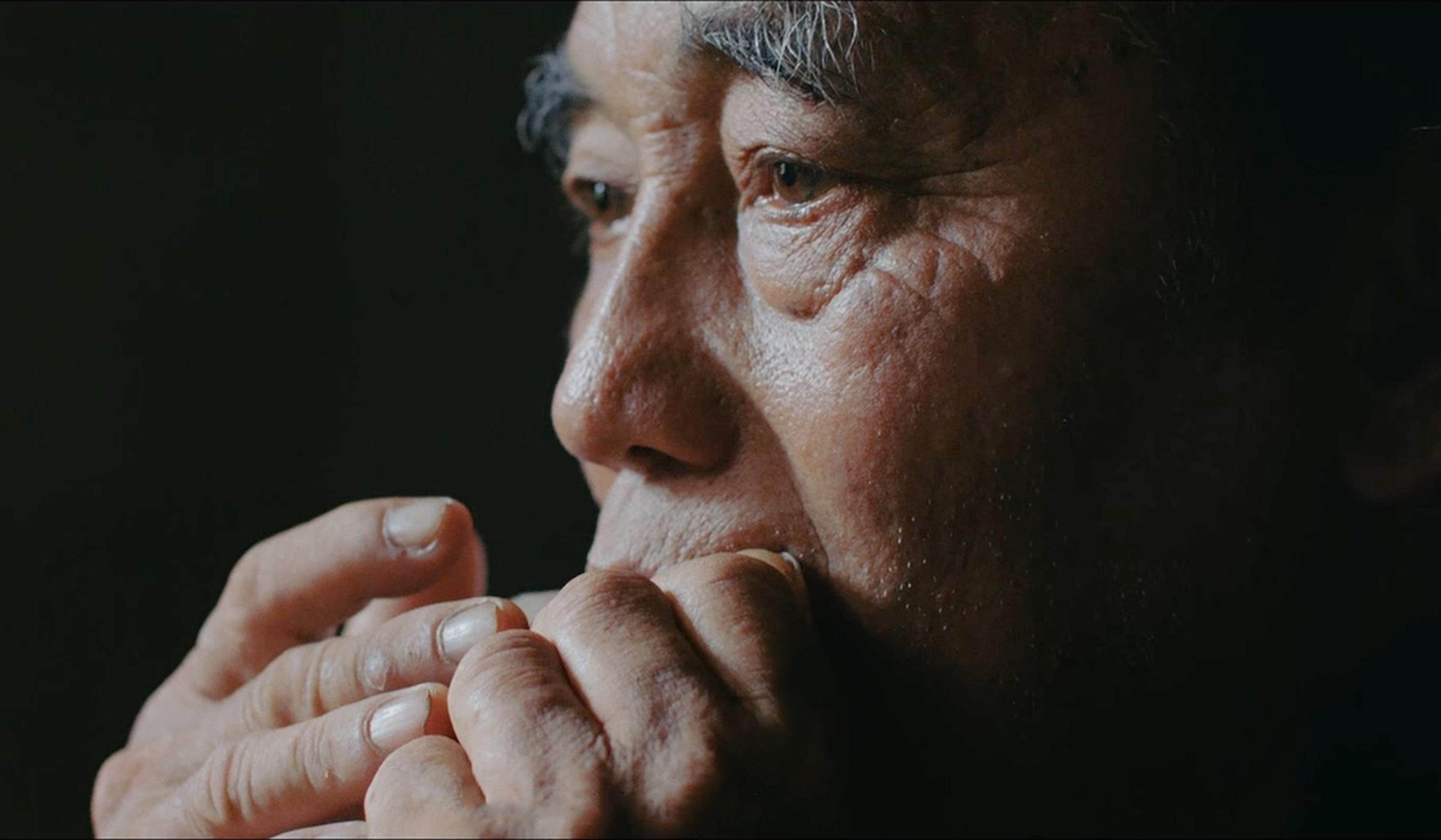
video
Language and linguistics
Messages born of melody – hear the whistled language of the Hmong people
18 minutes
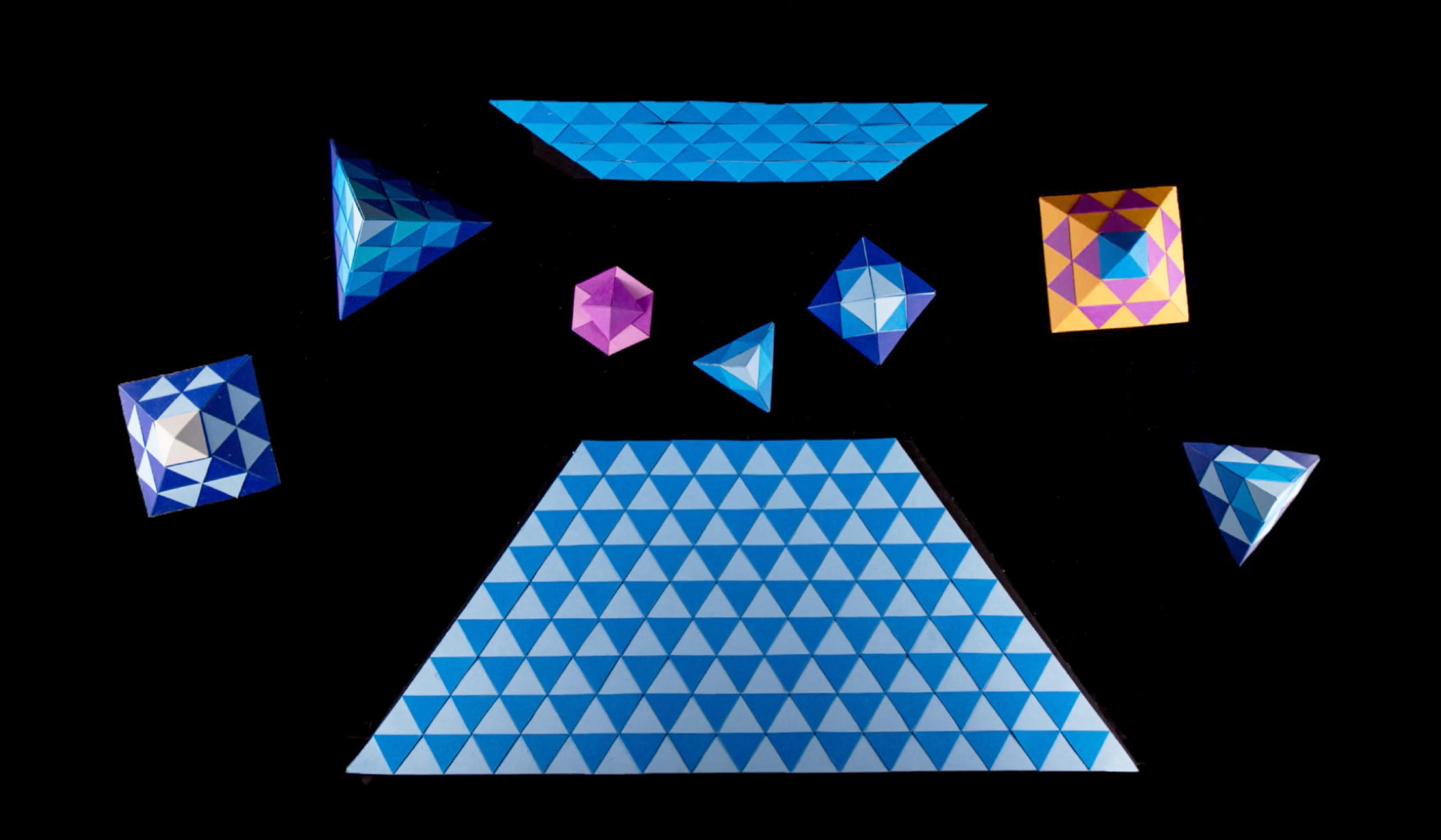
video
Film and visual culture
Stop-motion origami unfurls in a playful exploration of how senses overlap
3 minutes
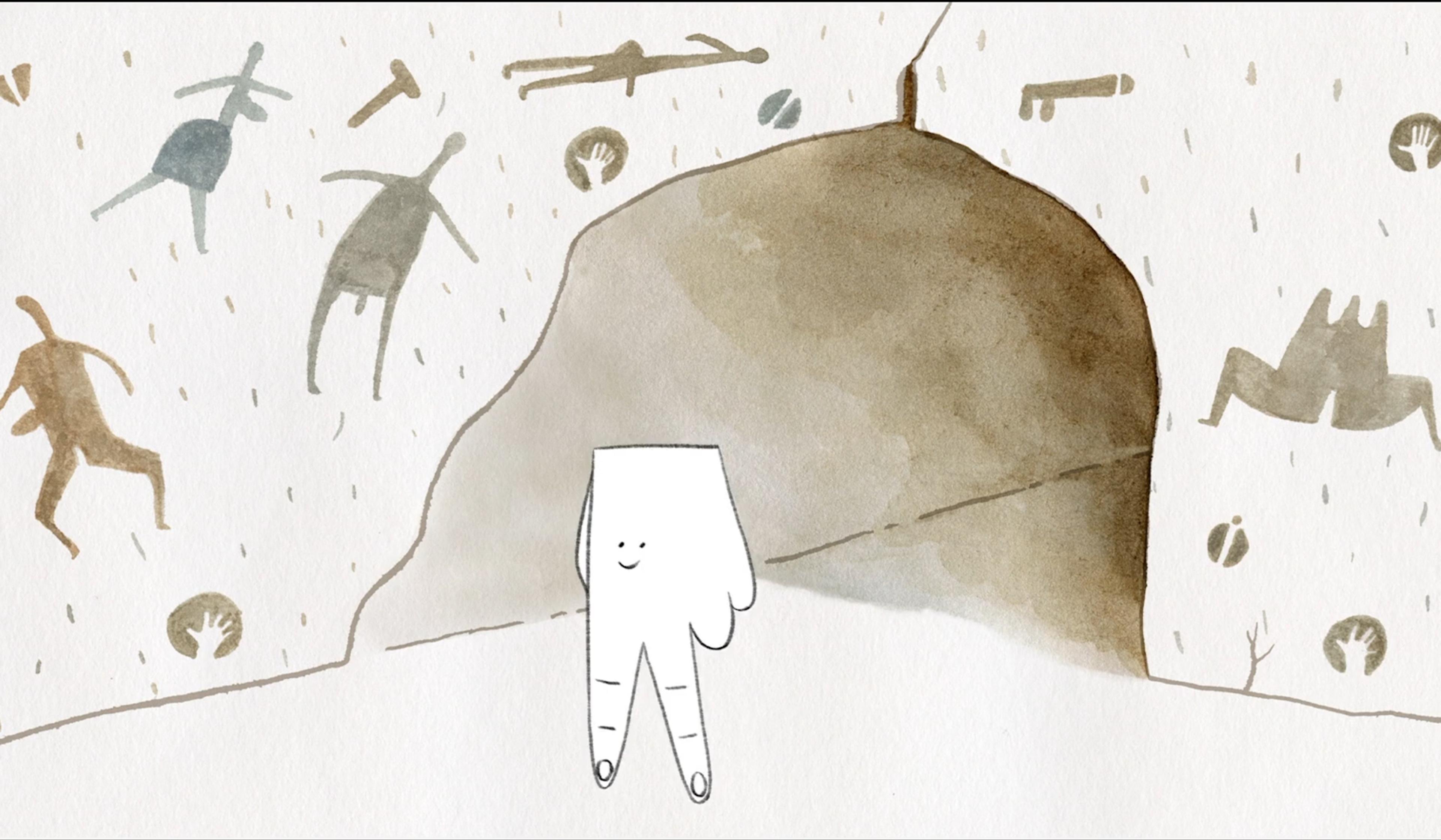
video
Sex and sexuality
For ages, solo sex was hardly taboo. What led to its centuries-long dry spell?
4 minutes